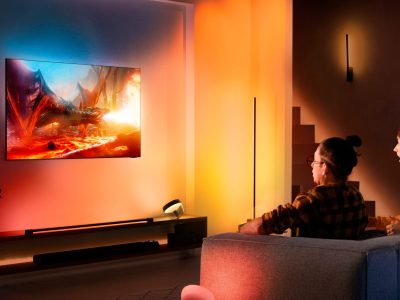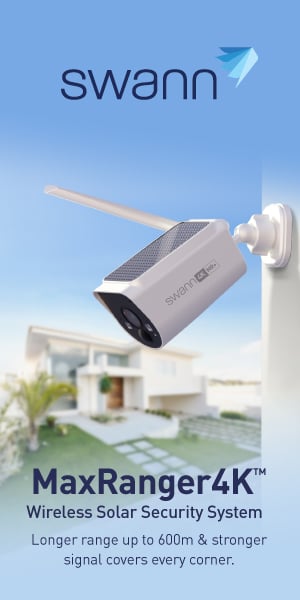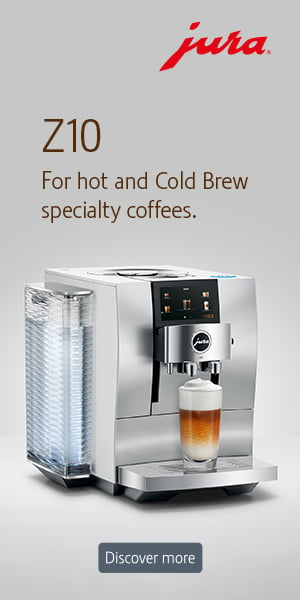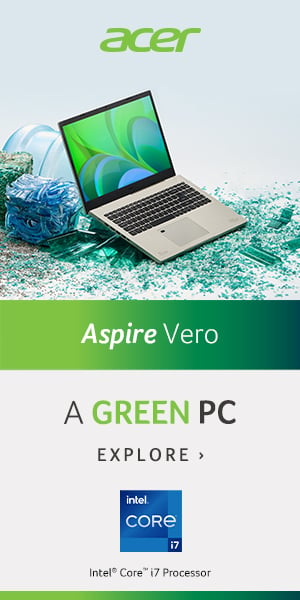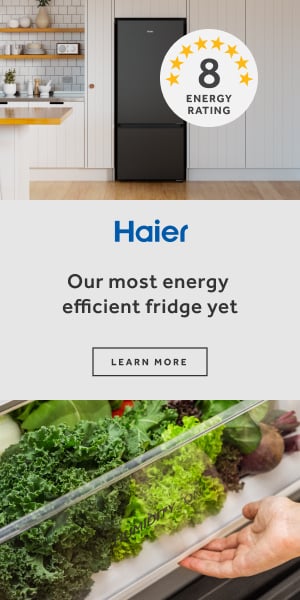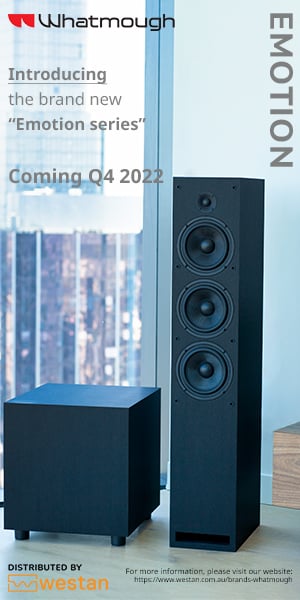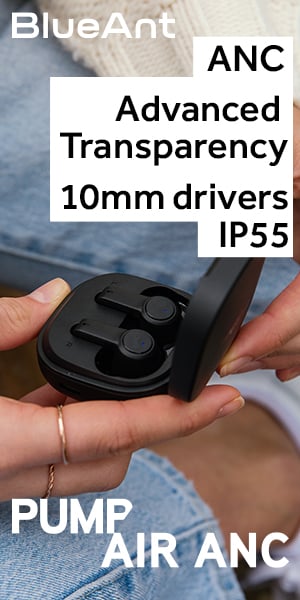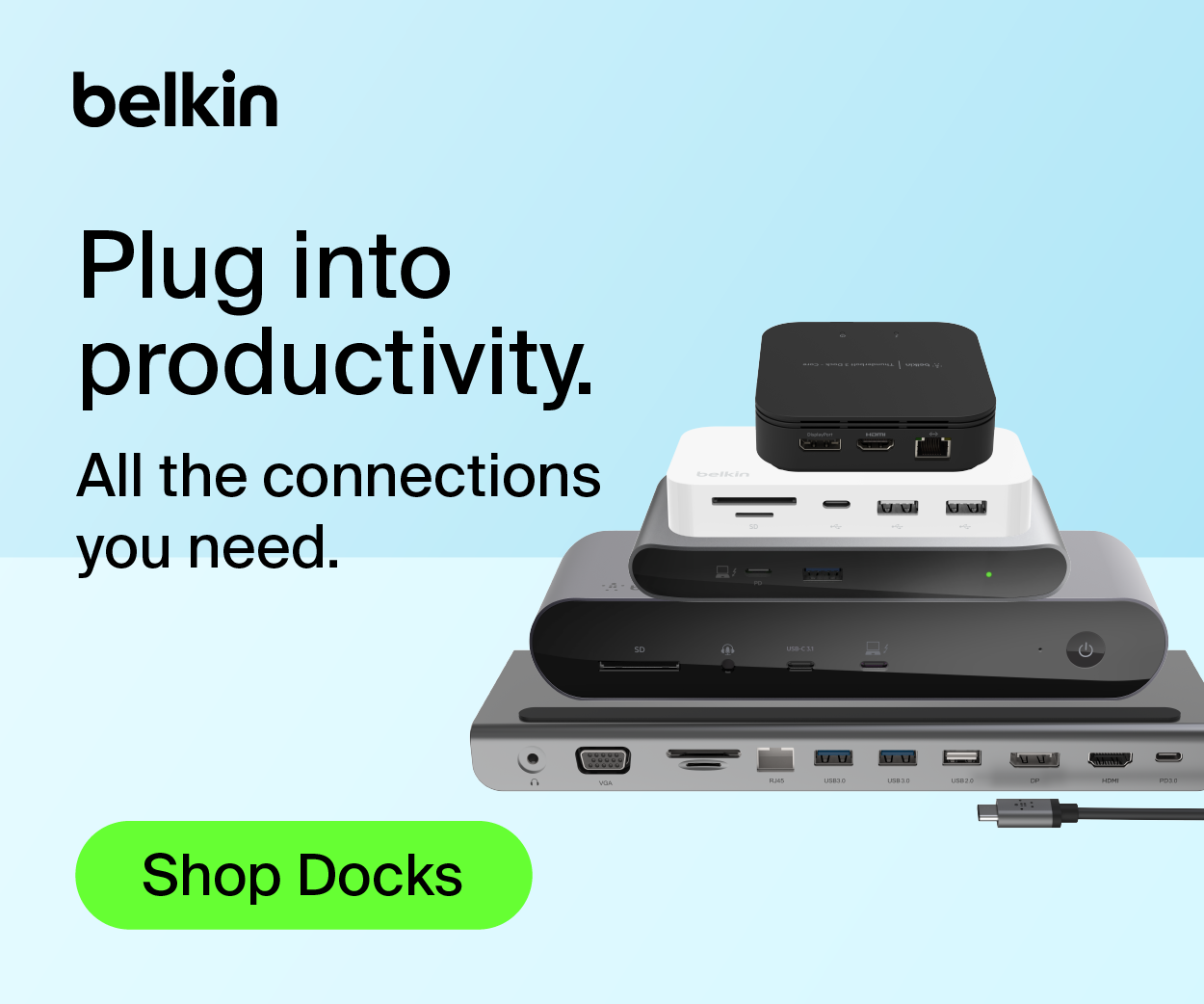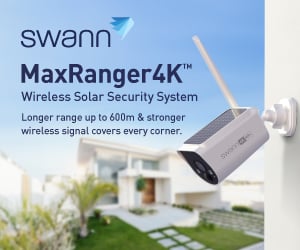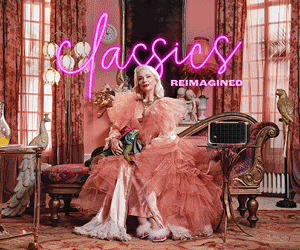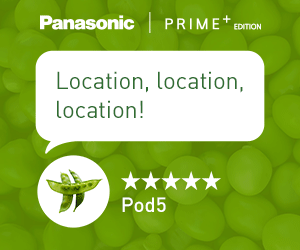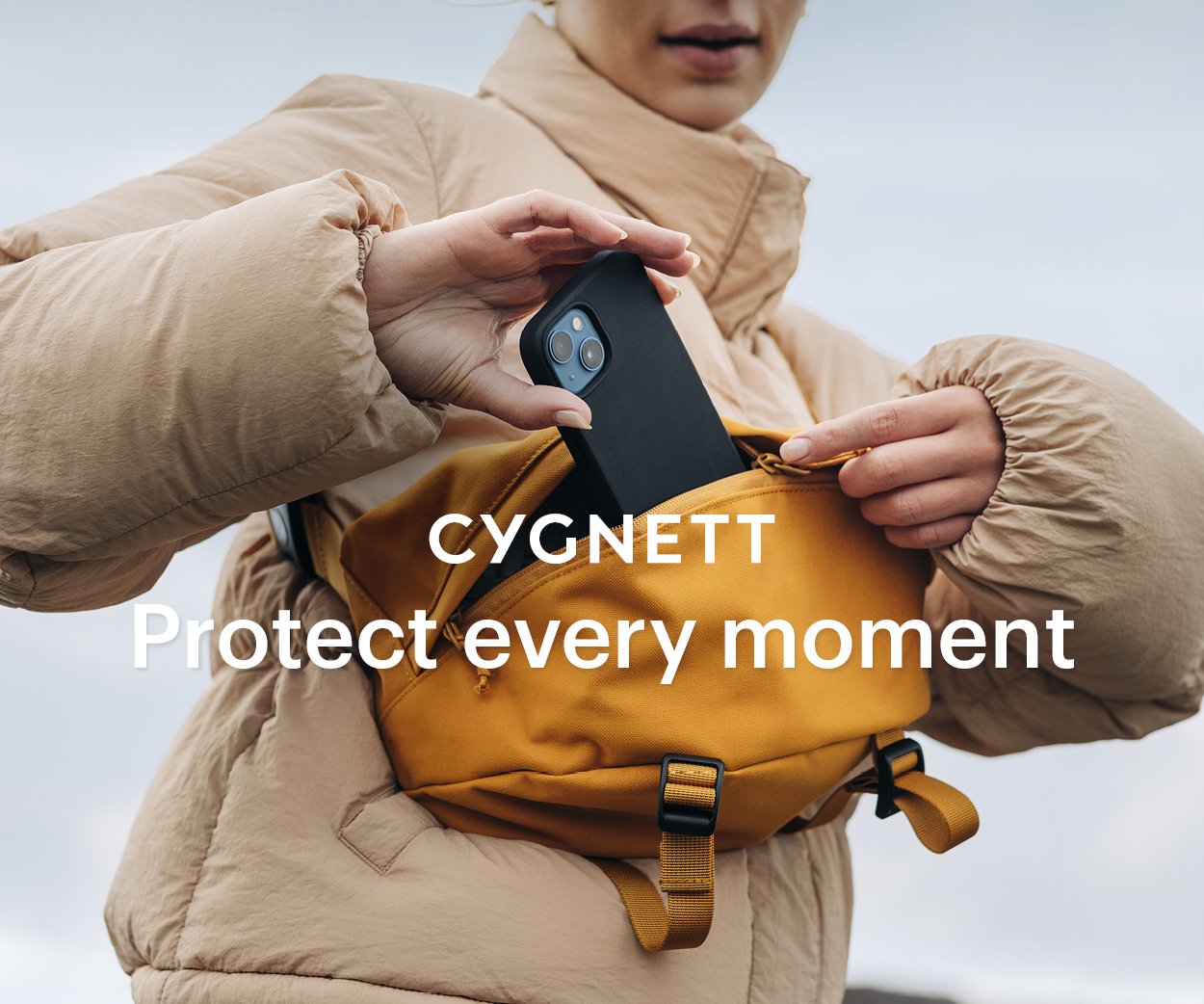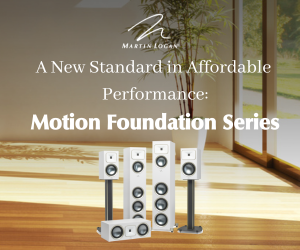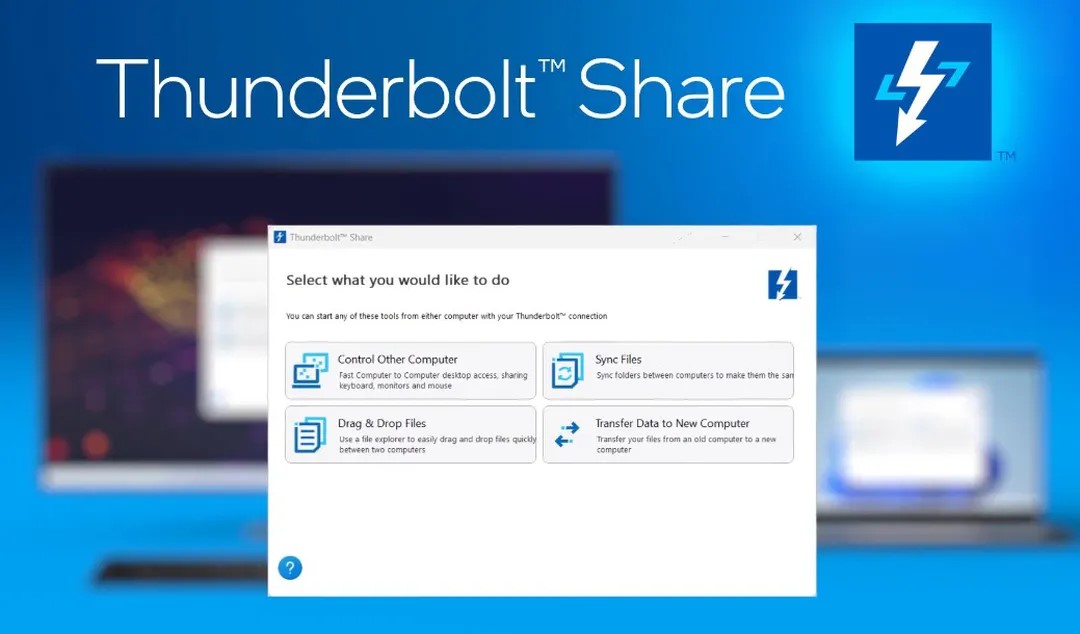If there was one category that stood out at CES 2023 it was home automation and the emergence of Matter-enabled devices.
And to be honest, it’s still a patchwork of bits that are more external than integrated.
I met up with the Connectivity Standards Alliance (CSA), who released the Matter standard in October. Their aim is to simplify the smart home with a unifying internet protocol-based connectivity.
For vendors, this means designing new devices that will work with potential competitors’ products. For example, Samsung with LG or Apple with Samsung Android devices. It also offers many possibilities for future growth by making it is easier for homeowners to have their devices interact.
For homeowners, it means having one central app or ecosystem to control all their smart home devices, regardless of manufacturer. That means devices from Google, Apple, Samsung, Amazon, or any other company will work together for the first time.
I am in the throes of building a new 3-level house and I came to CES looking for solutions.
Do I really need Ethernet cable or will fibre to the house, WiFi and a host of Matter-related devices deliver me a solution.
If we look at what automation you really need in a home, and then look at Matter products, the platform still has a long way to go because the unlock key are the cloud-based services of multiple brands who sell home automation products which need to be Matter-certified to work seamlessly across a Matter network of products.
As I see it, the core areas for automation of a home are Entertainment, Distributed Audio, Security, the capture of data from multiple devices such as solar, power and water, and that’s before you get to devices such as washing machines, refrigerators, or the multitude of Matter devices we saw at CES, which included a Matter-certified blender.
What I want is maturity, and at this stage the jury is still out when it comes to whether Matter is ready for wider deployment in a home.
While several Companies are offering Matter-certified products it’s the absence of certification for some of the major home automation systems, who I suspect are more concerned about the business they will lose as home owners switch from ethernet cable to WiFi to manage their homes over a WiFi Matter-certified network.
Literally hundreds of brands turned up at CES with products that have Support for Matter, the newly launched, open-source smart home standard that brings compatibility with Amazon Alexa, Apple HomeKit, Google Home and Samsung SmartThings within a single wireless protocol.
While many of these devices worked with Matter, there were some that really stood out and one of the best was how far Samsung has gone with the upgrading of their Samsung SmartThings platform.
However I am still baffled as to why Samsung has chosen not to launch their new SmartThings hub in Australia. It makes no sense at all.
Coming in February to the US and South Korea, the SmartThings Station from Samsung is a small-sized smart home hub for Matter-compatible gadgets.
With built-in radios for WiFi, Bluetooth, Zigbee and Thread, it’s capable of quarterbacking all sorts of gadgets at once, opening the door to automating them in the SmartThings app, which is very neat.
Samsung Australian management claim there is no need for their new Samsung SmartThings station or hub, as a Samsung fridge, phone, TV or tablet can act as a hub if it’s got SmartThings technology built in.
But what if I have a level that has no Samsung device and I want to bring third party devices into the network? Do I have to carry my phone or a tablet everywhere just to get access?
With the new Samsung hub you can trigger any of your favourite smart home scenes by pressing, double-pressing, or long-pressing the button on top of the device.
You can also program that button to make your phone ring next time you’re having trouble finding it.
On top of all of that, the device itself doubles as a 15-watt wireless fast-charging station, and it can even send you an alert when your phone or tablet is fully charged.
Samsung is already working with a multitude of brands, and you can see the list here.
Some of the brands we managed to catch up with included:
Schneider Electric
Schneider Home energy management system
Schneider Electric’s Schneider Home app offers a central place to manage the company’s collection of connected home energy devices, also called the Schneider Home line. A Schneider Home system can include a home backup battery, solar inverter, smart electrical panel, electric vehicle charger and connected electric sockets and light switches, though the system can be installed piecemeal as well.
LG
MoodUp Refrigerator by LG
Need a fridge that glows and plays music? You’re in luck. One of LG’s new products at CES this year is the MoodUp Refrigerator, which is almost certainly the flashiest fridge on the market. With LED panels on the door that can display more than 19,000 colour combinations, it’s an appliance that can set the mood, change colour with the seasons and always match your kitchen’s décor.
.
It’s also equipped with a Bluetooth speaker, and its colours can even sync up with your music. It’s all controlled through LG’s ThinQ mobile app that is Matter-certified.
The door panels in front of the refrigerator side can also go transparent, eliminating those energy-wasting moments in front of an open fridge deciding what you want to eat. That seems like a truly useful feature, but we’ll see how much consumers will need to spend for it once the fridge arrives at retail. Read more about LG’s MoodUp fridge.
Nanoleaf
Nanoleaf Skylight
Years ago, Nanoleaf was a small, Toronto-based start-up selling highly efficient, unique-looking LED light bulbs. Now, it’s best known for its splashy, colour-changing smart lights that are sold at JB Hi-Fi and The Good Guys.
The company brought several new ones to CES, including new colour-changing smart bulbs and new light strips that pair with a camera to mimic the colours on your TV screen or gaming PC monitor.
The most striking of the new products, though, might be the Nanoleaf Skylight, pictured above.
With modular, colour-changing LED ceiling panels capable of filling a room with multicolour light, it’s a unique addition to the company’s portfolio of smart home statement pieces, and one to keep an eye out for when it launches in the second half of 2023.
All of Nanoleaf’ s new products are slated to support Matter.
Samsung
Samsung Bespoke kitchen appliances
Samsung’s new Bespoke AI Wall Oven, which could come to Australia in the future, part of its new Bespoke line, comes with an internal camera that can share images and videos of your food right to social media as it cooks. It’ll also send you warnings if your food is about to burn. It’s AI-trained to recognise and recommend cooking temperatures and times for 80 dishes (and 106 in Europe). we don’t know yet what new cooking gear Samsung Australia is set to release.
Samsung also introduced three Bespoke refrigerators, including a 4-Door Flex Refrigerator that has a 32-inch touchscreen on the upper right door and a camera inside that allows you to see your fridge’s contents without opening the door. The touchscreen also allows you to manage multiple apps at once, display photos, or act as a “communication and entertainment hub”, according to Samsung. Again, pricing is still yet to be determined, but these high-end smart appliances definitely won’t come cheap. Read more about Samsung’s Bespoke appliances.
Arlo
Arlo Security System
Arlo’s new products are set to be Matter-certified, with the US Company delivering an Arlo Security System, an all-in-one DIY solution for home security.
The Company was a 2022 CES Innovation Award honouree. The all-in-one multisensor capable product from Arlo delivers eight different sensing functions that include motion, when a door or window opens or is tilted, water leaks, light and temperature changes, and the alarm patterns of smoke and carbon monoxide detectors.
What was impressive was the size of the sensor. At just 2.7cm-wide, the multisensor is discrete and fits anywhere in the home without hardwiring. A more flexible sensor (with more flexible placement options) means better security overall.
Amazon
The Ring doorbell line expanded to Car Cam, a forward and backward-facing dashboard camera with similar online capabilities to the Ring doorbell.
Its smart sensors activate in the case of certain events, whether your car is moving or standing still.
The Ring line now includes Peephole Cam as well, which can be installed on top of a conventional door peephole. It’s designed to expand Ring capability to in the home, Amazon say.
During the next few weeks we will bring you a host of stories on new Matter-related products.














